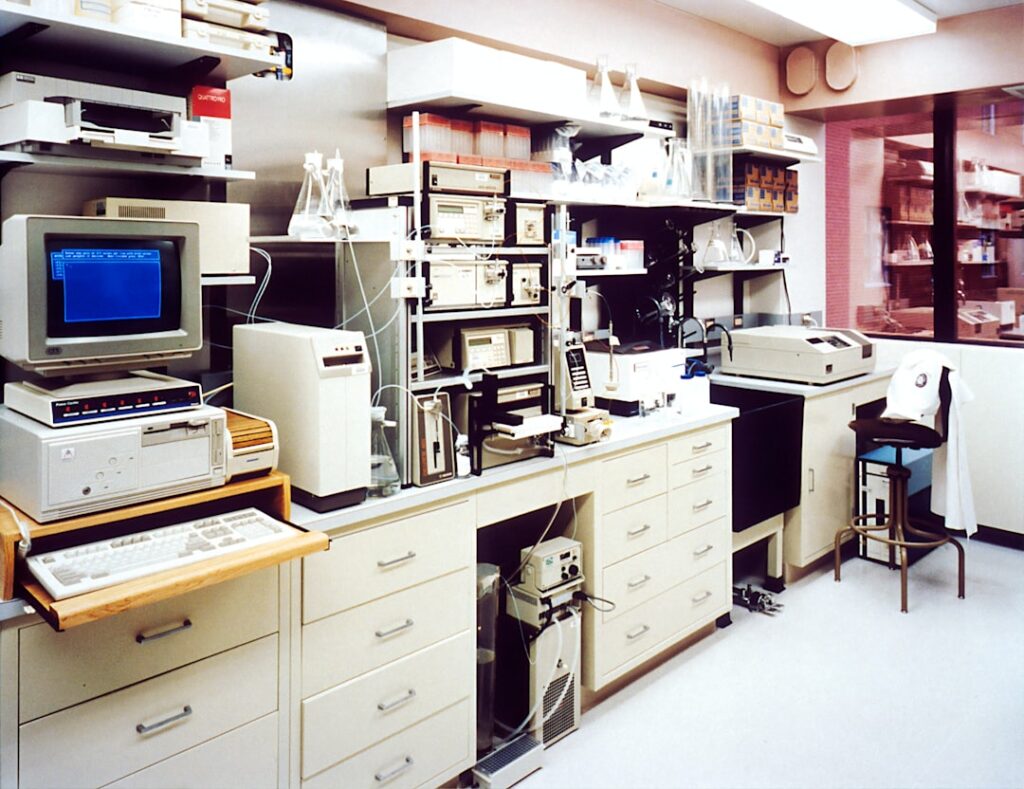AI Tools for Healthcare: Transforming Medical Diagnostics with AI Applications
The healthcare industry is on the brink of a technological revolution, with AI medical diagnostic applications leading the charge. These advanced tools harness the power of artificial intelligence to improve patient outcomes, enhance diagnostic accuracy, and streamline workflows for healthcare professionals. In this article, we will explore various AI applications in healthcare, their benefits, challenges, and future potential.
Understanding AI Medical Diagnostic Applications
AI medical diagnostic applications utilize machine learning algorithms and data analytics to assist healthcare providers in diagnosing diseases and evaluating treatment options. These tools analyze vast amounts of medical data—from lab results and imaging to electronic health records—to deliver insights that were previously unimaginable.
The Role of Machine Learning in Diagnostics
Machine learning, a subset of AI, plays a crucial role in developing diagnostic applications. By training on historical data, these systems learn to recognize patterns and make predictions based on new patient data. This capability not only speeds up the diagnostic process but also significantly reduces human error.
Common Applications in Healthcare
- Radiology: AI tools are being implemented to evaluate medical imaging such as X-rays, MRIs, and CT scans. For instance, algorithms can detect tumors or fractures that a radiologist might miss.
- Pathology: In pathology, AI aids in analyzing biopsy samples, improving the speed and accuracy of cancer diagnosis.
- Predictive Analytics: AI can predict patient outcomes and potential health risks by analyzing trends from diverse data sources, such as genetic information and lifestyle factors.
- Telemedicine: Diagnostic applications enhance telemedicine services by providing remote monitoring and quick assessments based on patient data collected through wearable devices.
Benefits of AI in Healthcare Diagnostics
Integrating AI tools into healthcare diagnostics offers numerous advantages:
- Improved Accuracy: AI applications reduce diagnostic errors, enabling healthcare providers to deliver more accurate and timely diagnoses.
- Enhanced Efficiency: Automation of routine tasks allows medical professionals to focus on patient care rather than administrative duties.
- Cost Savings: Early and accurate diagnostics can lead to more effective treatments, ultimately resulting in lower healthcare costs.
- Personalized Medicine: AI tools can tailor treatment plans based on an individual’s unique medical history and genetic profile, leading to better health outcomes.
Challenges in Implementing AI Diagnostic Tools
Despite the immense potential of AI medical diagnostic applications, several challenges must be addressed:
Data Privacy and Security
Healthcare data is highly sensitive. Implementing AI tools necessitates strict adherence to data protection regulations to safeguard patient information.
Integration with Existing Systems
Healthcare providers often face difficulties in integrating AI applications with legacy systems, requiring significant investment in technology and training.
Regulatory Compliance
AI diagnostic tools must undergo rigorous testing and validation to meet regulatory standards, potentially slowing their deployment in clinical settings.
The Future of AI in Healthcare Diagnostics
Looking ahead, the future of AI in healthcare diagnostics is promising. As technology evolves, we can expect:
- Greater Accuracy: Continuous improvement in algorithms will enhance diagnostic precision.
- Broader Adoption: Increased familiarity with AI tools will lead to wider acceptance in clinical practice.
- Collaboration Between AI and Human Experts: AI tools will augment the capabilities of healthcare professionals, rather than replacing them.
Conclusion
AI medical diagnostic applications are transforming the healthcare landscape, offering remarkable improvements in accuracy, efficiency, and personalized care. While there are challenges to overcome, the benefits of AI tools in healthcare make them invaluable assets for future innovations. Embracing these technologies will enable healthcare professionals to deliver superior patient care and, ultimately, save lives.


